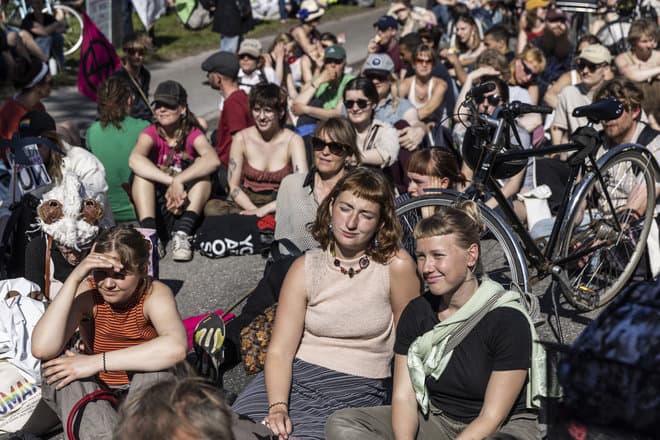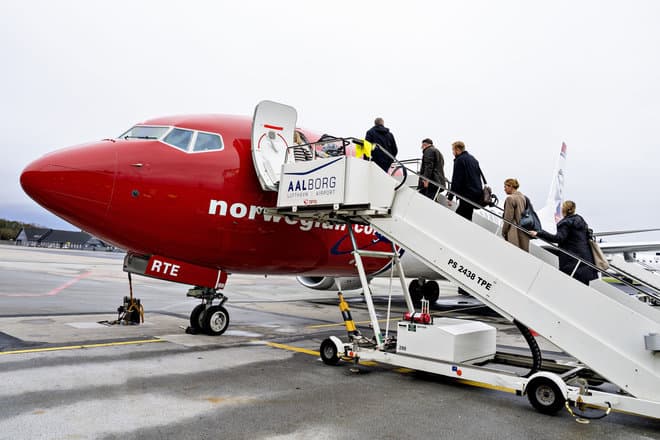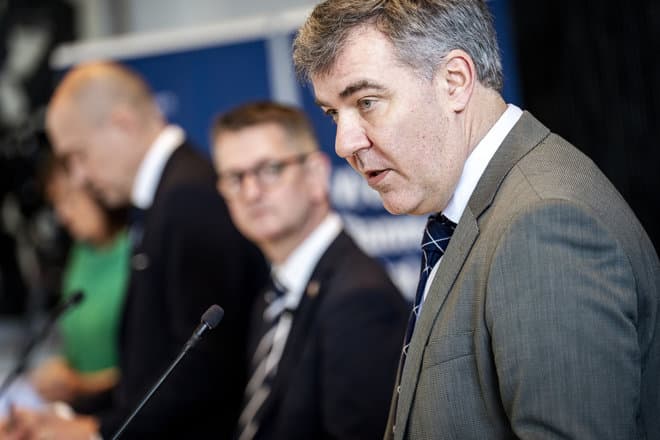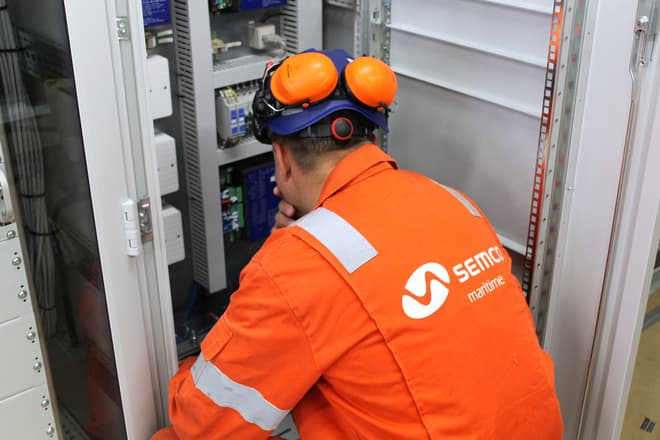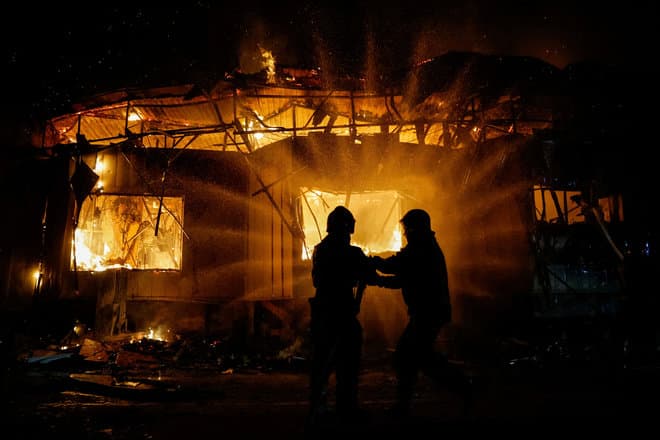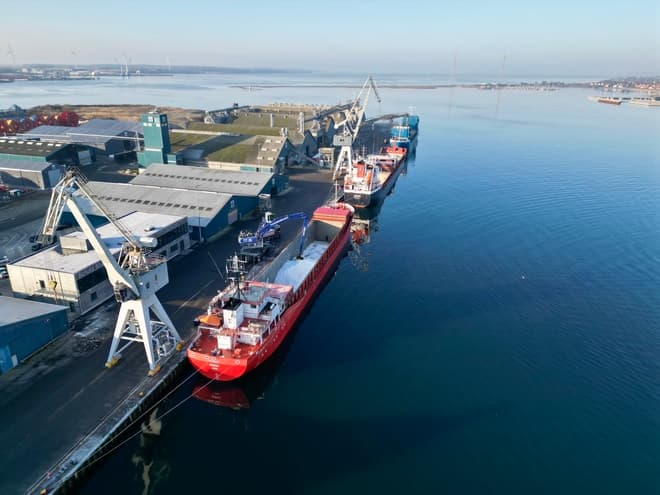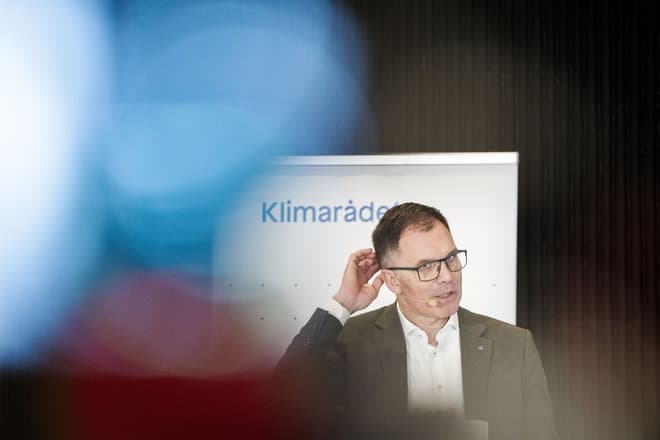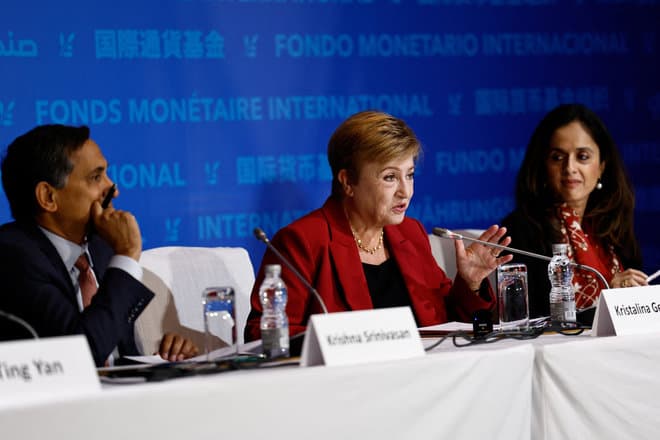
The annual maintenance of the Nord Stream 1 gas pipeline is scheduled to end at 6:00 a.m. on Thursday, and then the state-owned Russian gas company Gazprom will reopen the gas supply to European consumers.
This applies in particular to consumers in Italy and Germany, where both industry and private individuals are major consumers of Russian gas. This year, however, there is uncertainty about whether the gas will be delivered again on Thursday morning. There are fears that the Russians do not intend to reopen at all. If so, this would cause enormous problems for Europe.
It is the war in Ukraine that is causing great uncertainty. The West, including the EU, has imposed extensive sanctions against Russia because of the attack on Ukraine on February 24.
A response from Russian President Vladimir Putin could be to stop the gas to Europe. European leaders have already declared that the situation shows that they must become independent of Russian gas and oil. But there is still a long way to go before that can happen.
Possibly supplying less
In the meantime, it is Putin who decides whether Germany, Europe's economic superpower, will have gas for its industry and whether Herr and Frau Schmidt will have gas for their households.
Analysts say that Putin may continue to supply gas. But he may supply less, and that could create problems for Europe, which is trying to fill up gas reserves for the winter.
If Putin completely shuts off the supply, he will create big problems for the West. But he will also be playing one of the big cards he has in the crisis. And it is a card he can only play once.
The European Commission is not so sure that the gas will return on Thursday. This is reported by the Wall Street Journal, which quoted Budget Commissioner Johannes Hahn as having doubts on Tuesday.
- We are working on the assumption that the pipeline will not be operational, he said.
No clear statement
If there are supply problems, a solidarity scheme will come into effect, so that European countries share the gas that comes to the continent from other sources. Gazprom has not clearly announced what the situation is.
On Monday, the Russian newspaper Kommersant wrote that Canada flew a gas turbine, which has been repaired, to Germany on Sunday.
Reuters writes that this turbine has been in focus during maintenance, but it should now be ready. It will reportedly be transported on to Russia, and it could take five to seven days if there are no problems with logistics or customs.
A spokesman for Germany's economy ministry says that this should not affect the current situation, as the turbine is a spare part that will not be used until September. However, there have been Russian indications that things are not in place. That something could happen.
Gazprom: Force majeure
Reuters has seen a letter showing that Gazprom has informed its European customers that due to "force majeure" - extraordinary circumstances - the company cannot guarantee gas supplies.
The letter is dated July 14. In it, the gas company says that it is retroactively declaring force majeure from June 14 onwards. On this very date, gas supplies via Nord Stream 1 were reduced to 40 percent of normal. Gazprom blamed the delay in the delivery of the turbine from Canada.
According to Reuters, force majeure - also known as an "act of God" - is a standard clause in business contracts. It defines extreme circumstances that release one party from legal obligations. Gazprom's letter does not necessarily mean that gas supplies will stop.
But it says that Gazprom cannot be held liable if the company fails to fulfill its contractual obligations and deliver the gas as agreed.
Ritzau
Text, graphics, images, sound, and other content on this website are protected under copyright law. DK Medier reserves all rights to the content, including the right to exploit the content for the purpose of text and data mining, cf. Section 11b of the Copyright Act and Article 4 of the DSM Directive.
Customers with IP agreements/major customer agreements may only share Danish Offshore Industry articles internally for the purpose of handling specific cases. Sharing in connection with specific cases refers to journaling, archiving, or similar uses.
Customers with a personal subscription/login may not share Danish Offshore Industry articles with individuals who do not themselves have a personal subscription to Danish Offshore Industry.
Any deviation from the above requires written consent from DK Medier.

